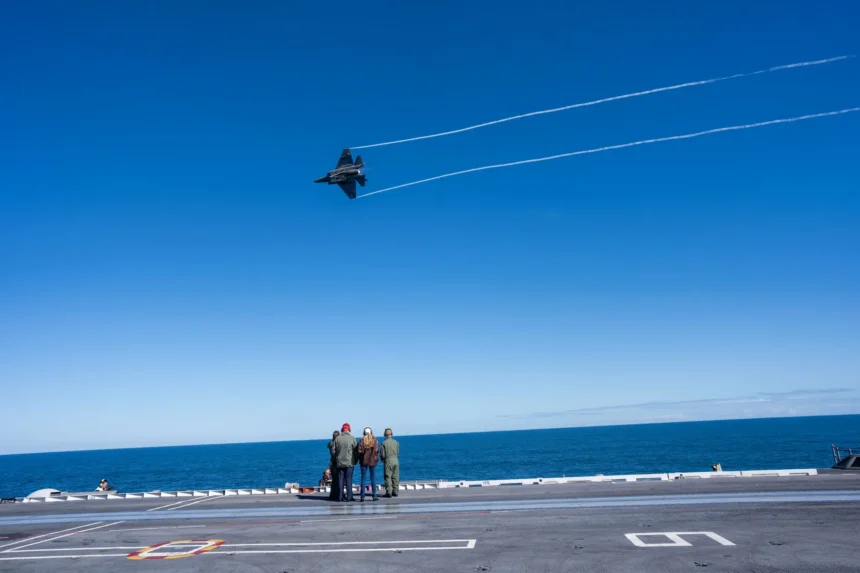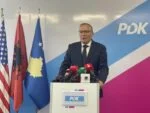China’s nuclear arsenal is growing at a historic pace — but behind that rapid expansion lies turmoil and fear. President Xi Jinping’s sweeping purge of generals and military leaders has revealed systemic corruption and raised serious doubts about China’s ability to manage its powerful Rocket Force, the branch that controls its nuclear missiles.
The shake-up comes amid rising global military tensions, as U.S. President Donald Trump pushes through major changes in the Pentagon, and his defense secretary Pete Hegseth removes or sidelines dozens of senior American officers — an unprecedented move that has drawn concerns about political interference in the U.S. military.
Xi’s Deepening Purge and Its Motives
In Beijing, however, Xi’s actions have cut far deeper. He has led an intense anti-corruption campaign targeting the People’s Liberation Army (PLA), particularly the Rocket Force, which is central to his goal of building a “world-class military” by 2049.
Top commanders have vanished, others jailed, and defense contractors stripped of party titles and detained. Analysts say Xi’s purge reflects his belief that corruption is the greatest threat to the military’s loyalty and war readiness.
“Xi views corruption and materialism as direct dangers to party control,” said Joseph Torigian, a professor at American University. “He fears they make the military vulnerable to Western influence or disloyalty.”
The official PLA newspaper reinforced this message, writing: “The fight against corruption is a major political struggle that we cannot afford to lose. It concerns the long-term stability of the Party and the state.”
A Military Built to Serve the Party, Not the Nation
The contrast between the Chinese and U.S. militaries could not be clearer. While the American armed forces are structured to defend the nation, the Chinese military’s primary loyalty lies with the Communist Party.
Xi’s relentless crackdown reveals serious dysfunction within the PLA and even suggests that, despite his power, Xi has not fully consolidated control over the armed forces — one of the most sensitive institutions in China’s hierarchy.
Corruption in the Rocket Force
The Rocket Force, China’s elite nuclear command, has been hit hardest. The branch — once the pride of China’s modern military — has seen senior officers expelled and imprisoned.
Among the most high-profile cases is General He Weidong, formerly third in China’s military hierarchy, who was expelled from the Communist Party in October for corruption. Others include Admiral Miao Hua and General Lin Xiangyang, both accused of abuse of power.
A Pentagon report revealed that corruption within the Rocket Force led to fraud and structural problems in underground missile silos, raising doubts about China’s nuclear readiness.
Experts say the massive budgets and secrecy surrounding China’s missile programs make them fertile ground for graft. Because missiles are rarely tested, detecting corruption is exceedingly difficult.
Military Ambitions Amid Instability
Despite the chaos, China continues to modernize its forces. A recent military parade in Beijing displayed new drones, hypersonic missiles, and intercontinental ballistic missiles (ICBMs) — part of a buildup that could double China’s nuclear arsenal by 2030.
However, analysts warn that Xi’s obsession with control may be undermining military morale and focus, especially as tensions rise over Taiwan, the democratically governed island Beijing claims as its own.
“Without significant U.S. strategic changes, the balance of power will continue to shift in China’s favor,” warned a bipartisan U.S. commission on defense strategy last year.
For Xi, the Rocket Force remains central to deterring the United States — developing ‘carrier killer’ anti-ship missiles and hypersonic weapons aimed at U.S. bases across the Pacific. Yet, internal corruption, fear, and paranoia now cast a shadow over those ambitions.







